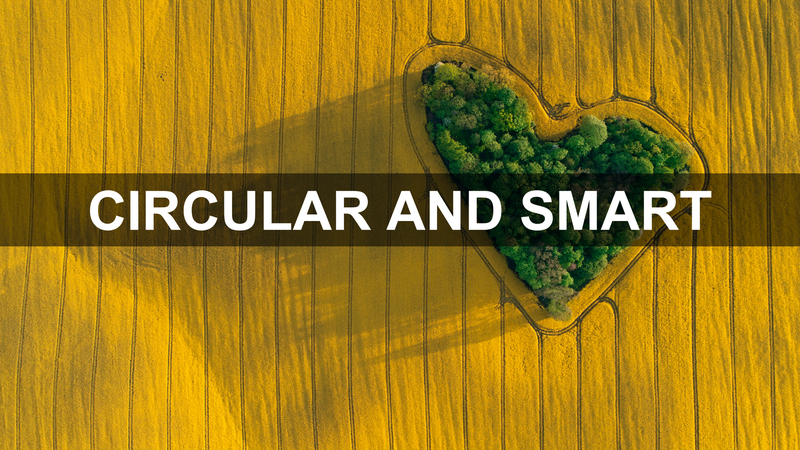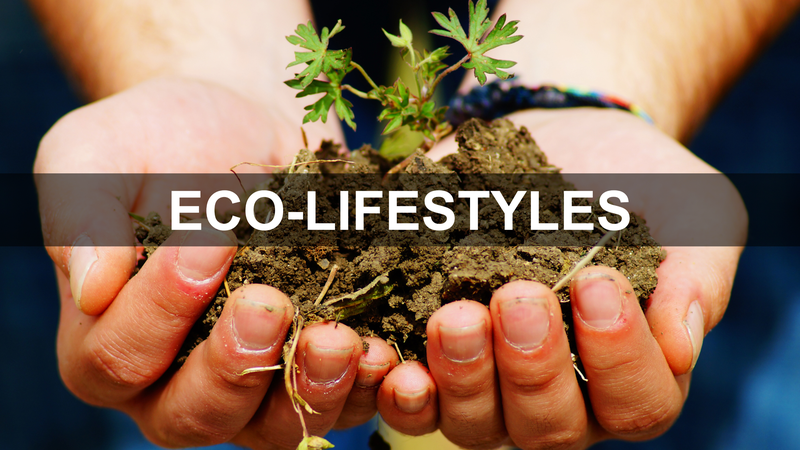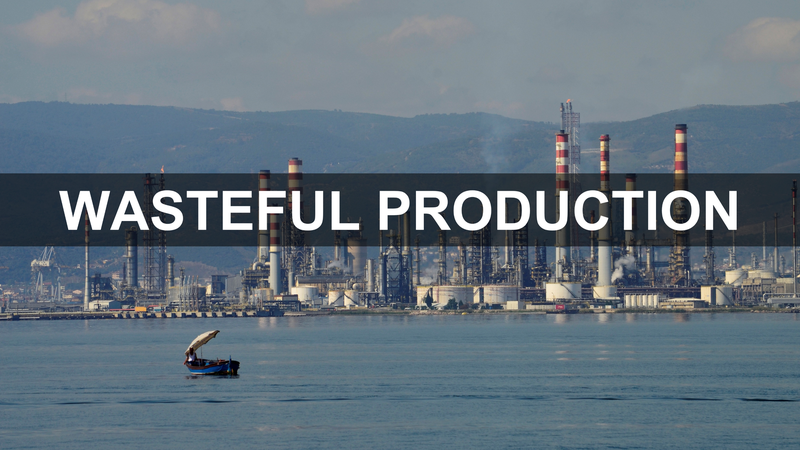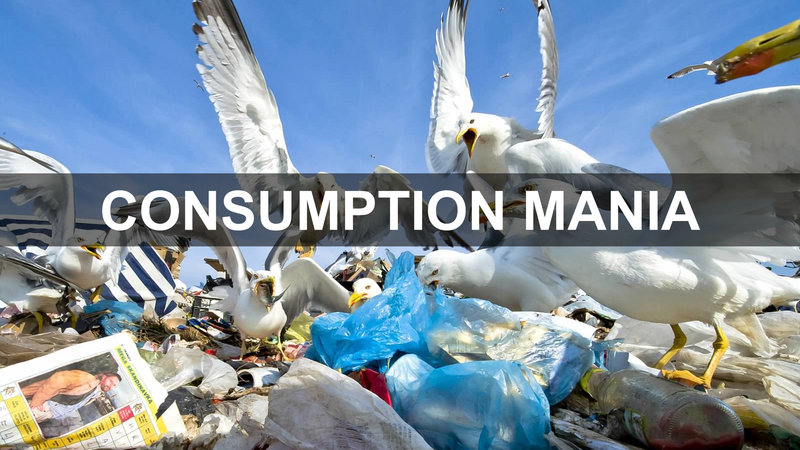All official European Union website addresses are in the europa.eu domain.
See all EU institutions and bodiesThe processes of production and consumption are at the heart of our global civilization but they come at a cost.
As consumers, we enjoy numerous conveniences and enhancements to our quality of life due to industrial production. However, this comes at a cost - global environmental degradation, relentless resource extraction, and harsh worker exploitation... These are the prices we pay for our modern world. Nonetheless, there are solutions and alternatives to this unsustainable model. A more sustainable and equitable future is within reach.
This year’s photo competition “ZeroWaste PIX” is a call to reflect on the state of modern human civilization. We invite you to capture both the unsustainable patterns that threaten our well-being as well as the promising and sustainable alternatives that are being explored. Every photograph will raise awareness and inspire change, whether it is an image of factories spewing toxins, overflowing landfills, or a community garden bringing people together around a shared sense of purpose.
Please carefully read our Terms and Conditions before applying. We would like to specifically stress that entrants must ensure that their photos are fully cleared in terms of copyright and that no specific logos or brand names are visible in the pictures. Pictures should be taken in one of the eligible countries listed in the Competition rules.
Four categories are open under the photo competition 2023:

The path towards sustainability begins with a reimagining of how we use our resources. Producers, large and small, are encouraged to adopt green technologies and production strategies that are built around reducing inputs and reusing outputs.
Show us how various suppliers are contributing to alleviating environmental pressures through their production lines. We would welcome, for example, photos of green innovations making use of leftovers and waste, such as upcycling plastic waste into fashionable shoes, return and refurbish programmes for customers, or the use of residual flows from the food industry to produce animal feed.

While producers bear the ultimate responsibility for long-term change, consumers can play a role in alleviating some of the environmental burdens. This can be achieved through conscious choices and habits in our daily lives, being it at home, at work or at school.
We invite you to capture the habits in your lives that help minimize your daily consumption and generation of waste, such as reducing meat consumption, composting organic waste, embracing the second-hand market, buying local and organic products or producing your own electricity.

Wasteful production is the creation of goods and services that are not necessary to the well-being of society. This can occur when companies produce more than what is needed or when they produce goods that are designed to become obsolete quickly. It can also occur when the production process itself generates excessive waste.
Show us how EU industries contribute to this wasteful production with pictures of, for example, inefficient production lines (excessive use of water, energy, raw materials), disposal of toxic materials, or wastewater discharges.

Some of our consumer habits have a negative impact on the environment. Wasted food, fast-fashion, and regular use of single-use plastics are all examples that drive demand for an unsustainable system.
We would like to shed light on the negative impacts of our current consumption patterns and throwaway culture through pictures of, for example, large volume of waste, dumpsters full of unsold products or animals interacting with the discarded leftovers of human civilization.
Get inspired and find out more about these topics:
- Circular economy
- Waste and recycling
- Production and consumption
- Conditions and pathways for sustainable and circular consumption in Europe
- Paving the way for a circular economy: insights on status and potentials
- 'A framework for enabling circular business models in Europe
- Environment and climate pressures from household consumption in Europe
- Pathways towards circular plastics in Europe — good practice examples from countries, business and citizens
- Investigating Europe′s secondary raw material market
